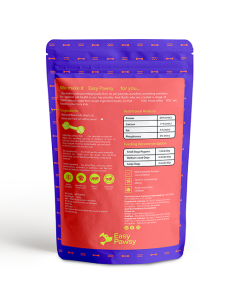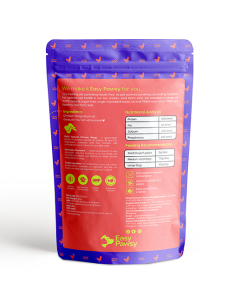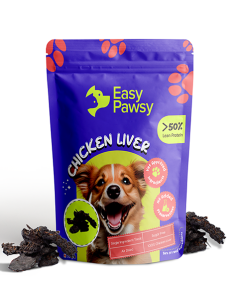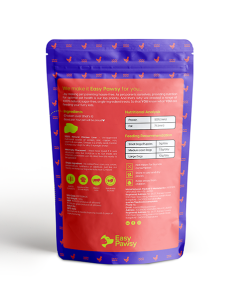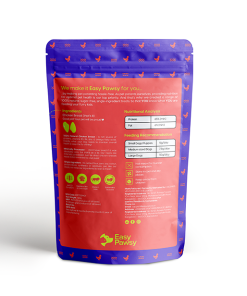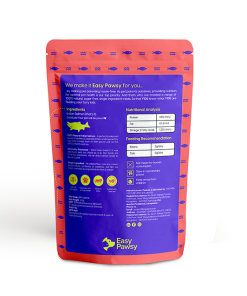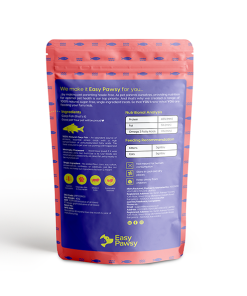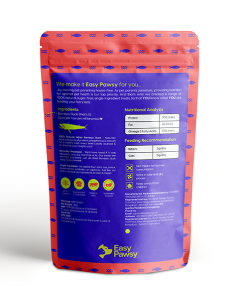All Genders, Cat, Vaccination
The Essential Guide to Vaccinations for Kittens and Cats
In this comprehensive guide, we’ll walk you through everything you need to know about vaccinations for kittens and cats.
Why do Vaccinations Matter?
Vaccinations help your cats in preventing potentially serious illnesses. Kittens inherit some immunity from their mother’s milk, but this protection wanes over time. Vaccinations bridge this gap, providing a strong defense against diseases.
Core Vaccinations
Feline Distemper (Panleukopenia)
This is a highly contagious disease that affects a cat’s gastrointestinal tract. Kittens are especially vulnerable.
Feline Calicivirus and Feline Herpesvirus (FVRCP)
These viruses cause upper respiratory infections in cats. Regular vaccination helps reduce their severity.
Rabies
Rabies is a deadly virus that affects the central nervous system. Vaccinating your cat against rabies is a crucial step in ensuring public health and safety.

Non-Core Vaccinations
Feline Leukemia (FeLV)
FeLV weakens a cat’s immune system, making it susceptible to other infections. Outdoor cats are at higher risk.
Feline Immunodeficiency Virus (FIV)
FIV affects a cat’s immune system. It’s more prevalent in male outdoor cats. Discuss the need for this vaccine with your veterinarian.
Vaccination Schedule
Kittens should start their vaccination series around 6-8 weeks of age. A typical schedule might include:
| Age | Vaccine | Necessity |
| 6-8 Weeks | FVRCP | Yes |
| 6-8 Weeks | FeLV | Only if needed |
| 10-12 Weeks | FVRCP and Rabies | Yes |
| 10-12 Weeks | FeLV | Only if needed |
| 14-16 Weeks | FVRCP | Yes |
| 14-16 Weeks | FeLV | Only if needed |
Adult cats should receive booster shots every 1-3 years.
Consult Your Veterinarian
By staying up-to-date with vaccinations, you provide your cat with the best possible protection against preventable diseases. Regular vaccinations will help ensure a vibrant and joyful life for your feline friend.








